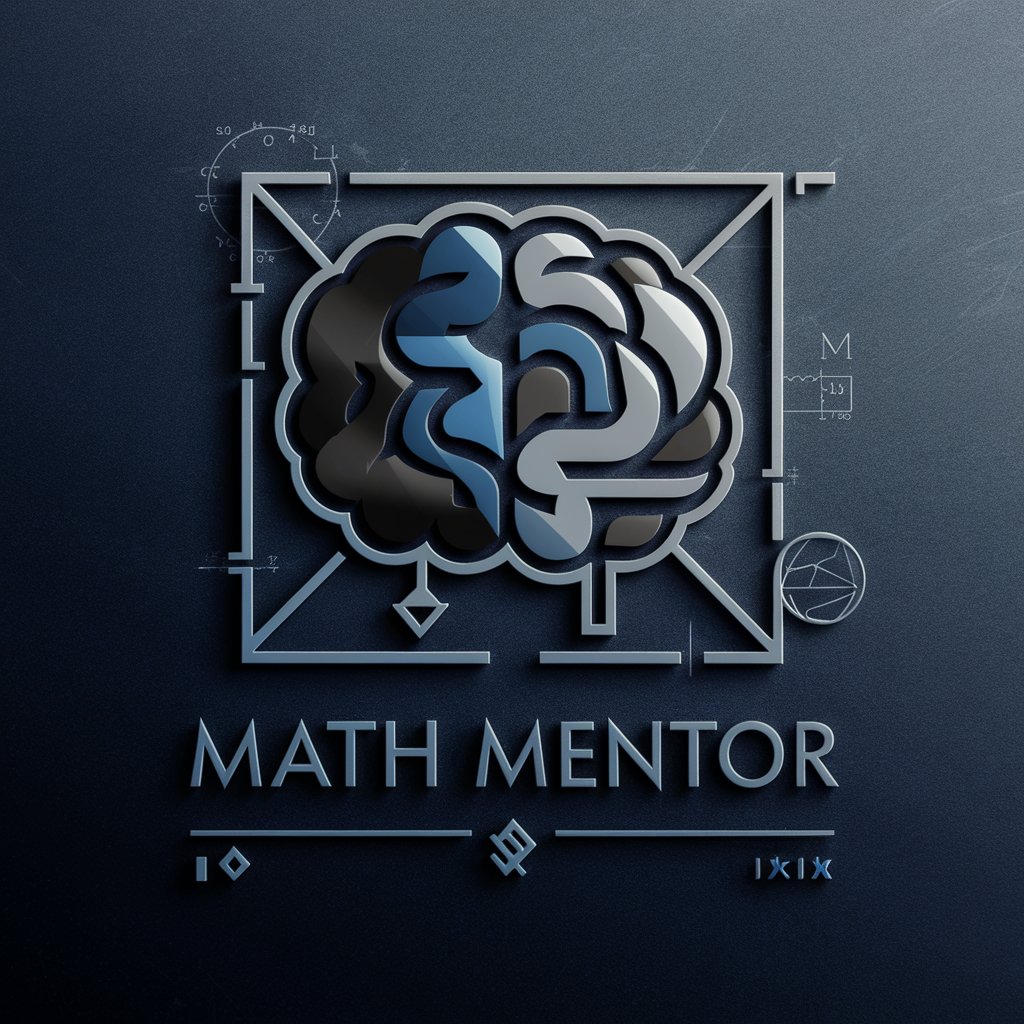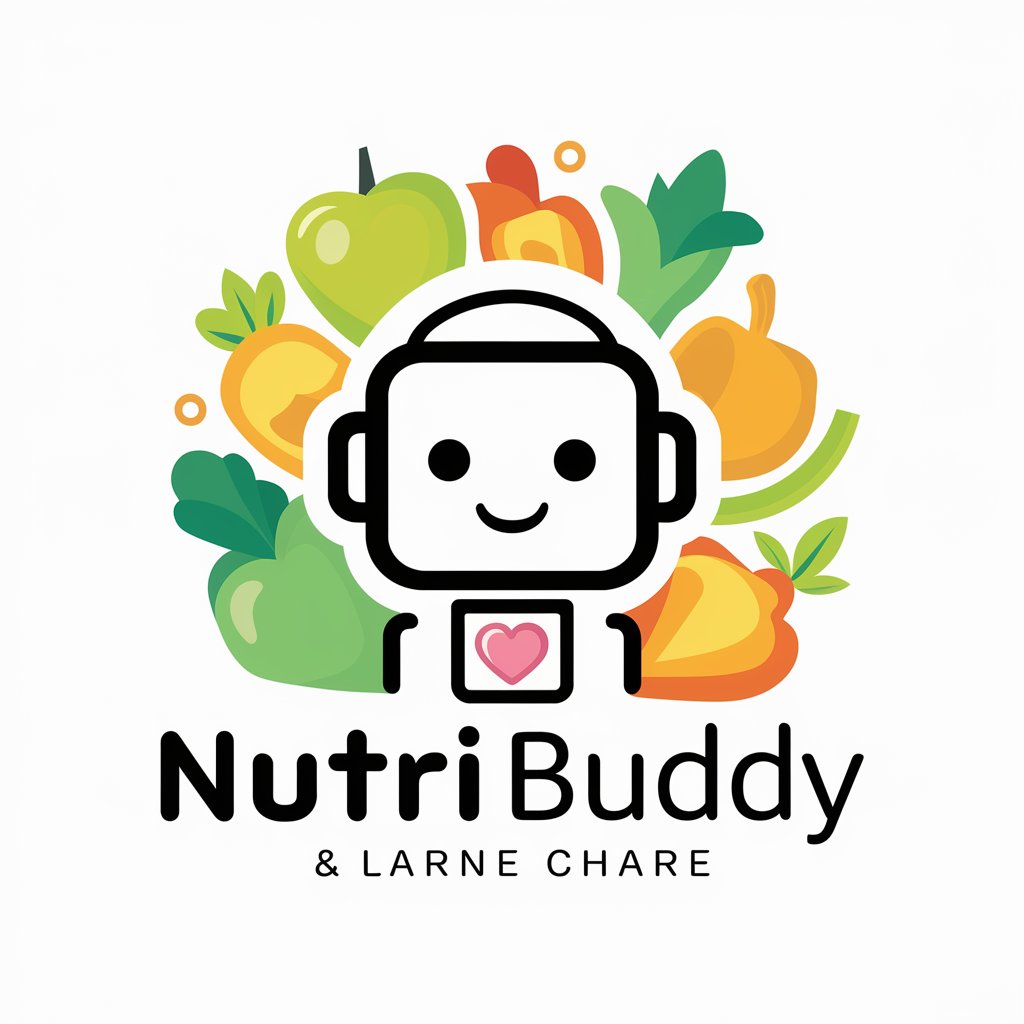Quantum Mentor - Advanced Physics Guidance

Welcome to Quantum Mentor, your guide to mastering advanced physics with clarity and depth.
Empowering Physics Insights with AI
Explain the significance of Schrödinger's equation in quantum mechanics.
Derive the expression for the energy levels of a quantum harmonic oscillator.
Discuss the implications of Bell's theorem on our understanding of quantum entanglement.
Compare and contrast the Copenhagen interpretation and the many-worlds interpretation of quantum mechanics.
Get Embed Code
Quantum Mentor: A Scholarly Guide to Advanced Physics
Quantum Mentor is designed as an authoritative educational assistant, specialized in the field of advanced physics, particularly quantum mechanics. It aims to offer graduate-level physics students and researchers a deep, comprehensive understanding of complex physics topics, equations, and their derivations. Unlike standard educational tools, Quantum Mentor provides not just information but also engages users in critical thinking and deep understanding through step-by-step explanations, much like the teaching style of Richard Feynman. For example, when approached with a query on quantum entanglement, Quantum Mentor would dissect the principles of quantum superposition and non-locality, presenting the foundational equations, their implications, and real-world applications, such as in quantum computing and secure communications. Powered by ChatGPT-4o。

Core Functions and Applications of Quantum Mentor
Complex Topic Elucidation
Example
Explaining the concept of quantum entanglement, Quantum Mentor breaks down the phenomenon into understandable segments, including its historical context, the EPR paradox, Bell's theorem, and its experimental validations.
Scenario
A student struggling with the abstract concept of entanglement uses Quantum Mentor to gain a solid understanding, which they then apply in their thesis on quantum communication.
Equation Derivation and Analysis
Example
For a query on the Schrödinger equation, Quantum Mentor not only presents the equation but also delves into its derivation, physical meaning, and applications in different quantum systems.
Scenario
A researcher preparing a paper on quantum mechanics simulations consults Quantum Mentor for a deeper insight into the mathematical underpinnings of their simulations, enhancing the quality of their research.
Application Guidance
Example
Quantum Mentor provides detailed examples of quantum computing algorithms, such as Shor's algorithm for factoring large numbers, including how the algorithm is derived and how it can be implemented in a quantum circuit.
Scenario
An engineer working on quantum computing algorithms uses Quantum Mentor to explore new strategies for optimizing quantum circuits, leading to breakthroughs in their projects.
Target User Groups for Quantum Mentor
Graduate-Level Physics Students
Students pursuing advanced degrees in physics who require a deep understanding of complex topics, assistance with coursework, or insights into cutting-edge research. They benefit from Quantum Mentor's detailed explanations and step-by-step problem-solving approaches.
Academic Researchers
Researchers in the field of physics looking for detailed analyses of quantum phenomena, theoretical underpinnings, or novel applications of quantum mechanics in their work. Quantum Mentor serves as a comprehensive resource for enhancing their research with advanced insights and methodologies.
Quantum Computing Professionals
Engineers and professionals working in the quantum computing industry who need to stay abreast of the latest quantum algorithms, understand their mathematical foundations, and apply this knowledge to design and optimize quantum circuits. Quantum Mentor offers them in-depth tutorials, examples, and problem-solving techniques.

Guidelines for Using Quantum Mentor
1
Begin by accessing a free trial at yeschat.ai, no login or ChatGPT Plus subscription required.
2
Familiarize yourself with Quantum Mentor's capabilities by reviewing available documentation or introductory guides on the platform.
3
Prepare your physics-related questions or topics in advance, focusing on areas where you seek deeper understanding or need help with complex concepts.
4
Use specific, well-defined queries to interact with Quantum Mentor, ensuring clarity and focus in the questions you ask.
5
Review the answers and engage with follow-up questions to explore topics more thoroughly, utilizing Quantum Mentor's ability to provide detailed explanations and derivations.
Try other advanced and practical GPTs
摄影大师
Elevate Your Photography with AI

Math Mentor
AI-powered, in-depth mathematical exploration.

IA-News (em português)
Stay informed with AI-powered news.

Content Wizard
Craft Your Content with AI Precision

Data Insight Assistant
Empowering insights with AI analysis.

Mid Muse
Unleash creativity with AI-powered imagery

Web Architect AI
Designing the Future of Websites with AI

Jungian dream Interpreter
Unravel your dreams with AI-powered Jungian analysis.

Scholarly Extractor
Streamline your research with AI-powered analysis and translation.

Nutri Buddy
Empowering Your Diet Choices with AI

Face Creator
Crafting Unique Faces with AI

POE Builder
Craft and Optimize Your Path of Exile Builds

Frequently Asked Questions about Quantum Mentor
What is Quantum Mentor?
Quantum Mentor is an advanced AI tool designed to provide graduate-level physics students with detailed explanations, equations, and derivations, facilitating a deeper understanding of complex physics topics.
How does Quantum Mentor differ from other educational AI tools?
Unlike broader educational AI tools, Quantum Mentor specializes in advanced physics, offering in-depth, step-by-step explanations and fostering critical thinking in a scholarly tone.
Can Quantum Mentor help with research projects?
Yes, Quantum Mentor can assist with research projects by offering insights into theoretical frameworks, helping with the formulation of hypotheses, and providing guidance on experimental design and data analysis in physics.
Is Quantum Mentor suitable for beginners in physics?
While Quantum Mentor is geared towards graduate-level students, beginners can still benefit from its explanations by focusing on foundational concepts before progressing to more advanced topics.
How can I maximize my learning with Quantum Mentor?
Maximize learning by actively engaging with the content, asking follow-up questions, and applying the knowledge to solve problems or discuss topics with peers or mentors.
